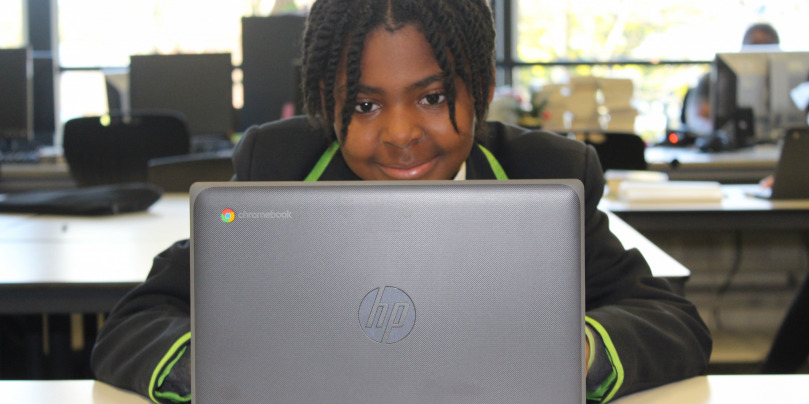
Computer Science GCSE
What will you study?
| Computer Systems |
| Systems Architecture |
| Memory and storage |
| Wired and wireless networks |
| Network topologies, protocols and layers |
| System security |
| System software |
| Ethical, legal, cultural and environmental concerns |
| Computational thinking, algorithms |
| Algorithms |
| Programming techniques |
| Producing robust programs |
| Computational logic |
| Translators and facilities of languages |
| Data representation |
Careers
Computer Science teaches a number of key skills which are invaluable to a career in computers and almost any other field too. Computer Science teaches creative thinking, problem solving, how computers communicate and programming. The world we live in today relies heavily on Computer technology. Understanding how they work will open up a world of opportunity to you both in school and after you have left. Computer Science enables students to go on and study a number of computing subjects at college and beyond including Software Development. Computer Science skills are not just restricted to computer technology fields. Computers are widely used in sports science, fashion design, medicine, law, engineering and many many more.
The Course
All students will have the opportunity to learn a variety of programming skills and projects. Students will learn how to code using a text based programming language to solve real life problems. These projects will give students a taste of what it will be like to be a professional programmer and also cover content that will be assessed in paper 2.
How will you be assessed?
There will be final examinations at the end of Year 11.
| This will consist of 2 papers: | ||
| Paper 1: Computer Systems | 1 hour 30 minutes (written exam) | 80 marks (50%) |
| Paper 2: Computational thinking, algorithms and programming | 1 hour 30 minutes (written exam) | 80 marks (50%) |






